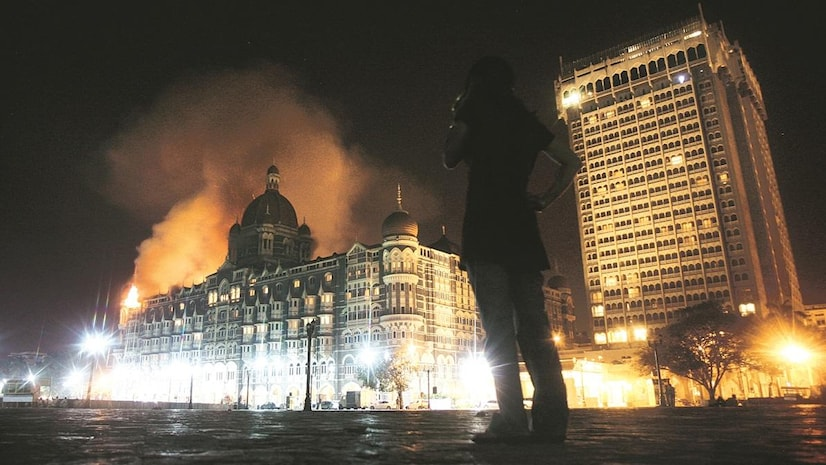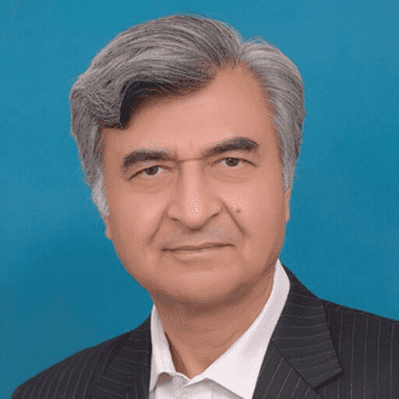The designation of Tushar Mehta, India’s Solicitor General and a longstanding associate of Prime Minister Narendra Modi, as the chief prosecutor in the 26/11 Mumbai terror attack trial has rekindled apprehensions over the impartiality and politicization of India’s judicial system. The 26/11 case necessitates an impartial search for justice to commemorate the victims and maintain the integrity of the law; but, Mehta’s history as a state legal official provokes unsettling inquiries: is he seeking legal truth or engaging in political retribution?
Tushar Mehta’s ascent from the courtrooms of Gujarat to the highest echelons of Delhi’s judicial authority is characterized by his allegiance to the Bharatiya Janata Party (BJP) and ideological congruence with the Rashtriya Swayamsevak Sangh (RSS). His career underwent a pivotal transformation during the sectarian violence of 2002 in Gujarat, when he held the position of Additional Advocate General.
During a period when the Narendra Modi-led state government encountered international censure for its involvement in the anti-Muslim riots, Mehta vigorously supported the regime. He opposed demands for independent inquiries, postponed FIRs against implicated BJP leaders, and significantly contributed to protecting the administration from court and public examination. His contributions were acknowledged with his appointment as Advocate General of Gujarat in 2008, marking the beginning of a prolonged and strategic partnership with the senior BJP leadership.
Throughout the years, Mehta’s legal advocacy has always conformed to the ideological framework of Hindutva. He has regularly defended the state in matters of purported extrajudicial executions, including the contentious murders of Ishrat Jahan (2004) and Sohrabuddin Sheikh (2005), both of which implicated prominent figures, including Amit Shah. Mehta’s involvement in these cases went beyond conventional legal defence; he aimed to discredit key witnesses, subvert Central Bureau of Investigation (CBI) conclusions, and delegitimize media examination. For some observers, it was not only legal manoeuvring; it was an act of political protectionism.
Mehta’s ideological stance became more evident during the anti-CAA rallies from December 2019 to February 2020. During the peak of countrywide protests mostly orchestrated by Muslim residents, he justified police misconduct in Delhi, which included shootings, arson, and the destruction of mosques. In court, Mehta vilified demonstrators, labelling them as “infiltrators” and “anti-national elements,” reflecting the BJP’s majoritarian discourse. His characterization of the Shaheen Bagh demonstrators as impediments to national advancement demonstrated a clear communal prejudice.
In August 2019, Mehta was in the legal vanguard defending the Modi government’s contentious abrogation of Article 370, which annulled Jammu and Kashmir’s unique status. He justified the total internet shutdown, the incarceration of elected officials, and the censorship of the press as essential for “national security.” His judicial arguments relied not on constitutional protections, but on the rationale of the security state – indicative of the government’s unilateral stance on a multifaceted historical matter.
One of the most flagrant instances of Mehta’s involvement in legitimizing governmental excess occurred in June 2022 when he endorsed the extrajudicial demolitions of Muslim residences in Uttar Pradesh. Designating the demolished residences as “criminal dens,” he used highly communal language that exacerbated the marginalization of Muslim inhabitants and legitimized vigilante-like official actions.
His management of the Pegasus spying controversy from July to October 2021 further solidified views of culpability. In response to criticism of the Modi administration for purportedly using Israeli spyware to monitor judges, journalists, and activists, Mehta postponed investigations and facilitated the concealment of crucial evidence. This neglect of constitutional responsibility solidified his position as a legal shield for the dictatorship rather than an impartial guardian of the law.
Accusations of misconduct also blemish Mehta’s reputation. In 2021, he faced criticism for meeting BJP politician Anil Deshmukh while representing the Central Bureau of Investigation in a corruption probe involving the same man. The episode provoked extensive condemnation from opposition figures like as Mamata Banerjee, who charged Mehta with significant ethical breaches and called for his resignation.
Mehta’s speech often reflects that of the Sangh Parivar. His courtroom approach exhibits not the impartiality expected of a judge, but rather the animosity of a party ideology, as seen by his designation of opponents as “urban Naxals” and “tukde tukde gang,” alongside his use of pejorative language against Muslim activists, Dalits, and student leaders. His recent advocacy for revisions permitting non-Muslims on Waqf Boards in 2025, a proposal strongly condemned by minority rights organizations, underscores his ongoing cooperation with policies seen as aimed at Muslim institutions.
Senior advocates have expressed their opinions candidly. During a Supreme Court hearing on April 25, 2023, Dushyant Dave said, “I have not witnessed such a deplorable Solicitor General in my 40 years of service,” indicating the increasing discontent among legal experts with Mehta’s behaviour and ethics.
Tushar Mehta is India’s second-longest serving Solicitor General, a role he has maintained not by evident impartiality but through unwavering allegiance. His term signifies a broader metamorphosis in India’s legal framework, evolving from a constitutional safeguard to an instrument of political enforcement. By designating him to prosecute one of the most delicate terrorism cases in India’s history, the government indicates its intention to construct narratives rather than pursue justice. The danger lies not just in the subversion of a trial but also in the deterioration of trust in the judiciary itself.
Mehta is not only an attorney serving the state. He serves as the RSS’s legal instrument, influencing judicial discourse to align with the parameters of a more majoritarian India. In the quest for Akhand Bharat, his courtroom has transformed into a platform for Hindutva ideology, blurring the distinction between prosecution and promotion. In the 26/11 trial, India needs justice rather than a political show.








